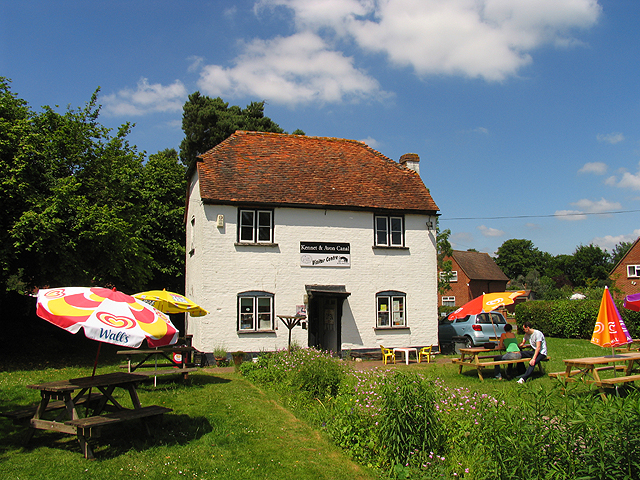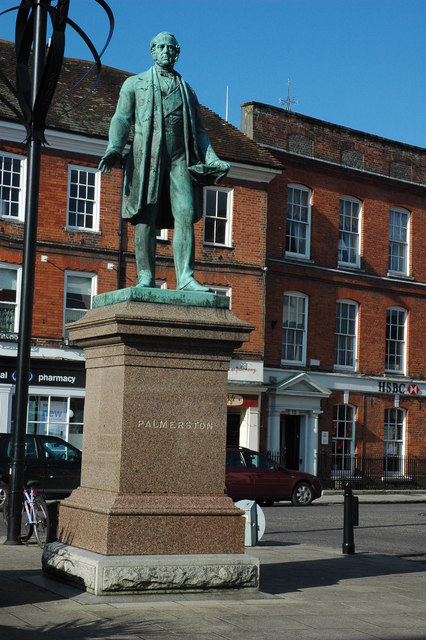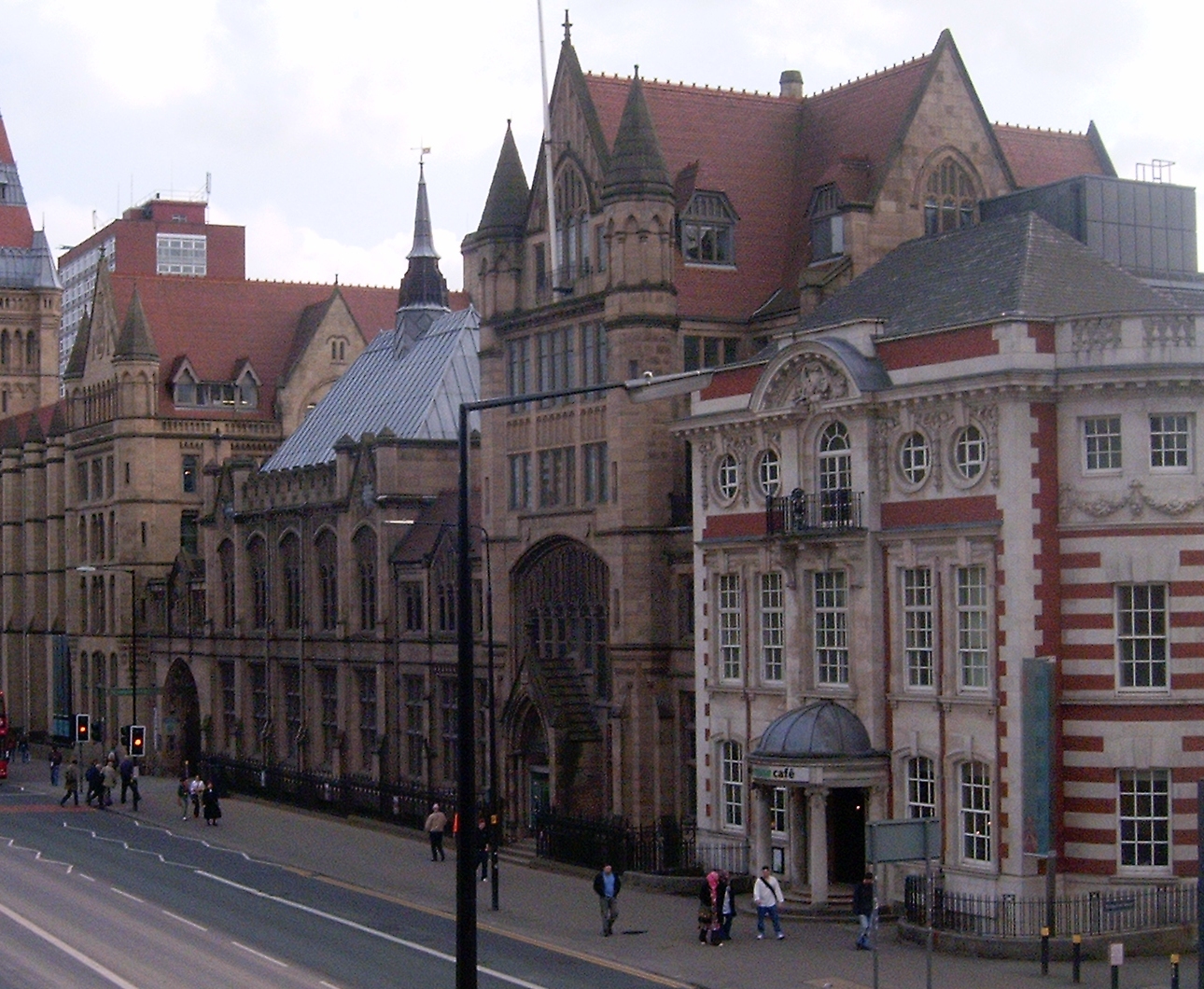|
Strange's Brewery
The Aldermaston Brewery (later known as Strange's Brewery) was a brewery located near Aldermaston in Berkshire, UK. History The brewery was established at Aldermaston Wharf in 1770, adjacent to the Kennet and Avon Canal. The brewery was bought by Thomas Strange in 1833. William Jeffreys Strange operated the brewery until 1902, after whom it was managed by John J Strange. In 1910, W.J. Strange & Sons was registered as a limited liability company. For many years, the Strange family lived at Bridge House in nearby Mill Lane. The house is now part of the local Steiner school. In 1922, Strange's bought The Bladebone in Chapel Row for £3,500 (equivalent to approximately £150,000 in 2008). The brewery already rented a part of the Bucklebury estate – including the pub – measuring . The dues for this land were £86 (£3,500 in 2008) per annum. The brewery supplied ale and stout to The Stocks pub in Beenham. Buy-out The business maintained operations ... [...More Info...] [...Related Items...] OR: [Wikipedia] [Google] [Baidu] |
Aldermaston Wharf
Aldermaston Wharf is a small multi-parish settlement centred north-northwest of Aldermaston (where according to the Post Office the majority of the population taken at the 2011 Census was included) in West Berkshire, England. The Kennet and Avon Canal passes through the settlement with Aldermaston Lock near the centre while the Great Western Railway passes at the northern side where Aldermaston railway station is also located. The A340 from Basingstoke passes through the village crossing the canal over a single file lift bridge and joins the A4 which runs just north of the village. Kennet and Avon Canal and River Kennet The River Kennet was made navigable between Reading and Newbury and opened as the Kennet Navigation in 1723. The section running through Aldermaston Wharf is a canal navigation (from Frouds Lane Marina to Ufton Bridge) with the original River Kennet continuing approx 1/2 mile south of the canal. A wharf was constructed here (to the immediate east of the curren ... [...More Info...] [...Related Items...] OR: [Wikipedia] [Google] [Baidu] |
Stout
Stout is a dark, top-fermented beer with a number of variations, including dry stout, oatmeal stout, milk stout, and imperial stout. The first known use of the word ''stout'' for beer, in a document dated 1677 found in the Egerton Manuscripts, referred to its strength. The name ''porter'' was first used in 1721 to describe a dark brown beer. Because of the huge popularity of porters, brewers made them in a variety of strengths. The stronger beers, typically 7% or 8% alcohol by volume (ABV), were called "stout porters", so the history and development of stout and porter are intertwined, and the term ''stout'' has become firmly associated with dark beer, rather than just strong beer.The New Oxford Dictionary of English. Oxford University Press 1998 Porter and Stout – CAMRA Web.archive ... [...More Info...] [...Related Items...] OR: [Wikipedia] [Google] [Baidu] |
British Companies Disestablished In 1950
British may refer to: Peoples, culture, and language * British people, nationals or natives of the United Kingdom, British Overseas Territories, and Crown Dependencies. ** Britishness, the British identity and common culture * British English, the English language as spoken and written in the United Kingdom or, more broadly, throughout the British Isles * Celtic Britons, an ancient ethno-linguistic group * Brittonic languages, a branch of the Insular Celtic language family (formerly called British) ** Common Brittonic, an ancient language Other uses *''Brit(ish)'', a 2018 memoir by Afua Hirsch *People or things associated with: ** Great Britain, an island ** United Kingdom, a sovereign state ** Kingdom of Great Britain (1707–1800) ** United Kingdom of Great Britain and Ireland (1801–1922) See also * Terminology of the British Isles * Alternative names for the British * English (other) * Britannic (other) * British Isles * Brit (other) * Briton (d ... [...More Info...] [...Related Items...] OR: [Wikipedia] [Google] [Baidu] |
1950 Disestablishments In England
Year 195 ( CXCV) was a common year starting on Wednesday (link will display the full calendar) of the Julian calendar. At the time, it was known as the Year of the Consulship of Scrapula and Clemens (or, less frequently, year 948 ''Ab urbe condita''). The denomination 195 for this year has been used since the early medieval period, when the Anno Domini calendar era became the prevalent method in Europe for naming years. Events By place Roman Empire * Emperor Septimius Severus has the Roman Senate deify the previous emperor Commodus, in an attempt to gain favor with the family of Marcus Aurelius. * King Vologases V and other eastern princes support the claims of Pescennius Niger. The Roman province of Mesopotamia rises in revolt with Parthian support. Severus marches to Mesopotamia to battle the Parthians. * The Roman province of Syria is divided and the role of Antioch is diminished. The Romans annexed the Syrian cities of Edessa and Nisibis. Severus re-establish his head ... [...More Info...] [...Related Items...] OR: [Wikipedia] [Google] [Baidu] |
1770 Establishments In England
Year 177 ( CLXXVII) was a common year starting on Tuesday (link will display the full calendar) of the Julian calendar. At the time, it was known as the Year of the Consulship of Commodus and Plautius (or, less frequently, year 930 ''Ab urbe condita''). The denomination 177 for this year has been used since the early medieval period, when the Anno Domini calendar era became the prevalent method in Europe for naming years. Events By place Roman Empire * Lucius Aurelius Commodus Caesar (age 15) and Marcus Peducaeus Plautius Quintillus become Roman Consuls. * Commodus is given the title ''Augustus'', and is made co-emperor, with the same status as his father, Marcus Aurelius. * A systematic persecution of Christians begins in Rome; the followers take refuge in the catacombs. * The churches in southern Gaul are destroyed after a crowd accuses the local Christians of practicing cannibalism. * Forty-seven Christians are martyred in Lyon (Saint Blandina and Pothinus, bishop o ... [...More Info...] [...Related Items...] OR: [Wikipedia] [Google] [Baidu] |
Food And Drink Companies Disestablished In 1950
Food is any substance consumed by an organism for nutritional support. Food is usually of plant, animal, or fungal origin, and contains essential nutrients, such as carbohydrates, fats, proteins, vitamins, or minerals. The substance is ingested by an organism and assimilated by the organism's cells to provide energy, maintain life, or stimulate growth. Different species of animals have different feeding behaviours that satisfy the needs of their unique metabolisms, often evolved to fill a specific ecological niche within specific geographical contexts. Omnivorous humans are highly adaptable and have adapted to obtain food in many different ecosystems. The majority of the food energy required is supplied by the industrial food industry, which produces food with intensive agriculture and distributes it through complex food processing and food distribution systems. This system of conventional agriculture relies heavily on fossil fuels, which means that the food and agricultural ... [...More Info...] [...Related Items...] OR: [Wikipedia] [Google] [Baidu] |
Food And Drink Companies Established In 1770
Food is any substance consumed by an organism for nutritional support. Food is usually of plant, animal, or fungal origin, and contains essential nutrients, such as carbohydrates, fats, proteins, vitamins, or minerals. The substance is ingested by an organism and assimilated by the organism's cells to provide energy, maintain life, or stimulate growth. Different species of animals have different feeding behaviours that satisfy the needs of their unique metabolisms, often evolved to fill a specific ecological niche within specific geographical contexts. Omnivorous humans are highly adaptable and have adapted to obtain food in many different ecosystems. The majority of the food energy required is supplied by the industrial food industry, which produces food with intensive agriculture and distributes it through complex food processing and food distribution systems. This system of conventional agriculture relies heavily on fossil fuels, which means that the food and agricultural ... [...More Info...] [...Related Items...] OR: [Wikipedia] [Google] [Baidu] |
Companies Based In Berkshire
A company, abbreviated as co., is a legal entity representing an association of people, whether natural, legal or a mixture of both, with a specific objective. Company members share a common purpose and unite to achieve specific, declared goals. Companies take various forms, such as: * voluntary associations, which may include nonprofit organizations * business entities, whose aim is generating profit * financial entities and banks * programs or educational institutions A company can be created as a legal person so that the company itself has limited liability as members perform or fail to discharge their duty according to the publicly declared incorporation, or published policy. When a company closes, it may need to be liquidated to avoid further legal obligations. Companies may associate and collectively register themselves as new companies; the resulting entities are often known as corporate groups. Meanings and definitions A company can be defined as an "artificial per ... [...More Info...] [...Related Items...] OR: [Wikipedia] [Google] [Baidu] |
Defunct Breweries Of The United Kingdom
{{Disambiguation ...
Defunct (no longer in use or active) may refer to: * ''Defunct'' (video game), 2014 * Zombie process or defunct process, in Unix-like operating systems See also * * :Former entities * End-of-life product * Obsolescence Obsolescence is the state of being which occurs when an object, service, or practice is no longer maintained or required even though it may still be in good working order. It usually happens when something that is more efficient or less risky r ... [...More Info...] [...Related Items...] OR: [Wikipedia] [Google] [Baidu] |
Romsey
Romsey ( ) is a historic market town in the county of Hampshire, England. Romsey was home to the 17th-century philosopher and economist William Petty and the 19th-century British prime minister, Lord Palmerston, whose statue has stood in the town centre since 1857. The town was also home to the 20th-century naval officer and statesman Louis Mountbatten, 1st Earl Mountbatten of Burma, who lived at Broadlands. Romsey Abbey, the largest parish church in Hampshire, dominates the centre of the town. Other notable buildings include a 13th-century hunting lodge, an 18th-century coaching inn and the 19th-century Corn Exchange. The town is situated northwest of Southampton, southwest of Winchester and southeast of Salisbury. It sits on the outskirts of the New Forest, just over northeast of its eastern edge. The population of Romsey was 14,768 at the 2011 Census. Romsey is one of the principal towns in the Test Valley Borough and lies on the River Test, which is known for fly fishi ... [...More Info...] [...Related Items...] OR: [Wikipedia] [Google] [Baidu] |
Manchester University Press
Manchester University Press is the university press of the University of Manchester, England and a publisher of academic books and journals. Manchester University Press has developed into an international publisher. It maintains its links with the University. Publishing Manchester University Press publishes monographs and textbooks for academic teaching in higher education. In 2012 it was producing about 145 new books annually and managed a number of journals. Areas of expertise are history, politics and international law, literature and theatre studies, and visual culture. MUP books are marketed and distributed by Oxford University Press in the United States and Canada, and in Australia by Footprint Books; all other global territories are covered from Manchester itself. Some of the press's books were formerly published in the US by Barnes & Noble, Inc., New York. Later the press established an American office in Dover, New Hampshire. Open access Manchester University Pre ... [...More Info...] [...Related Items...] OR: [Wikipedia] [Google] [Baidu] |
Southampton
Southampton () is a port city in the ceremonial county of Hampshire in southern England. It is located approximately south-west of London and west of Portsmouth. The city forms part of the South Hampshire built-up area, which also covers Portsmouth and the towns of Havant, Waterlooville, Eastleigh, Fareham and Gosport. A major port, and close to the New Forest, it lies at the northernmost point of Southampton Water, at the confluence of the River Test and Itchen, with the River Hamble joining to the south. Southampton is classified as a Medium-Port City . Southampton was the departure point for the and home to 500 of the people who perished on board. The Spitfire was built in the city and Southampton has a strong association with the ''Mayflower'', being the departure point before the vessel was forced to return to Plymouth. In the past century, the city was one of Europe's main ports for ocean liners and more recently, Southampton is known as the home port of some of ... [...More Info...] [...Related Items...] OR: [Wikipedia] [Google] [Baidu] |






